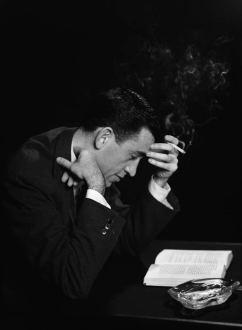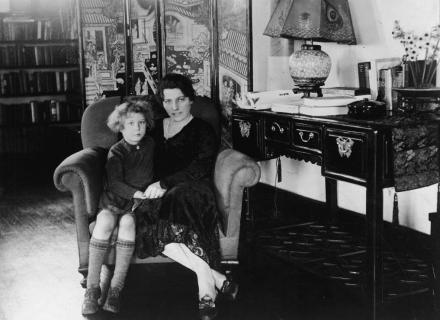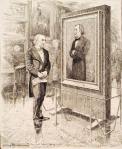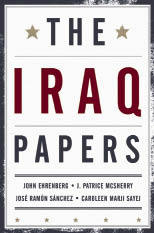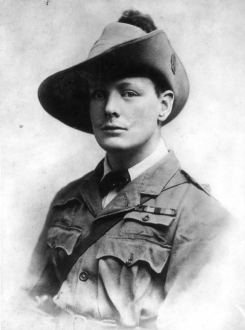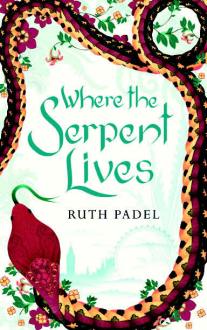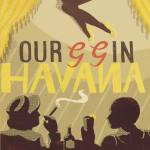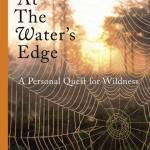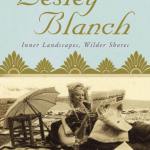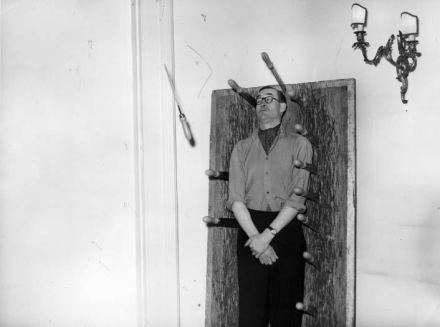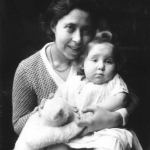Refusing to play the game
What sort of person would you expect to be bringing out a life of J. D. Salinger two months after his death, bearing in mind that Salinger was more obsessive about his privacy than any other writer in human history and fought the publication of the last biography all the way to the US Supreme Court? You might not expect the answer to be Kenneth Slawenski. Who, you may ask, is he? Well, he is a pretty private person too. I pummelled the web and the only meagre intelligence I could extract is that he was born and raised in New Jersey and has worked in computers. This may be
